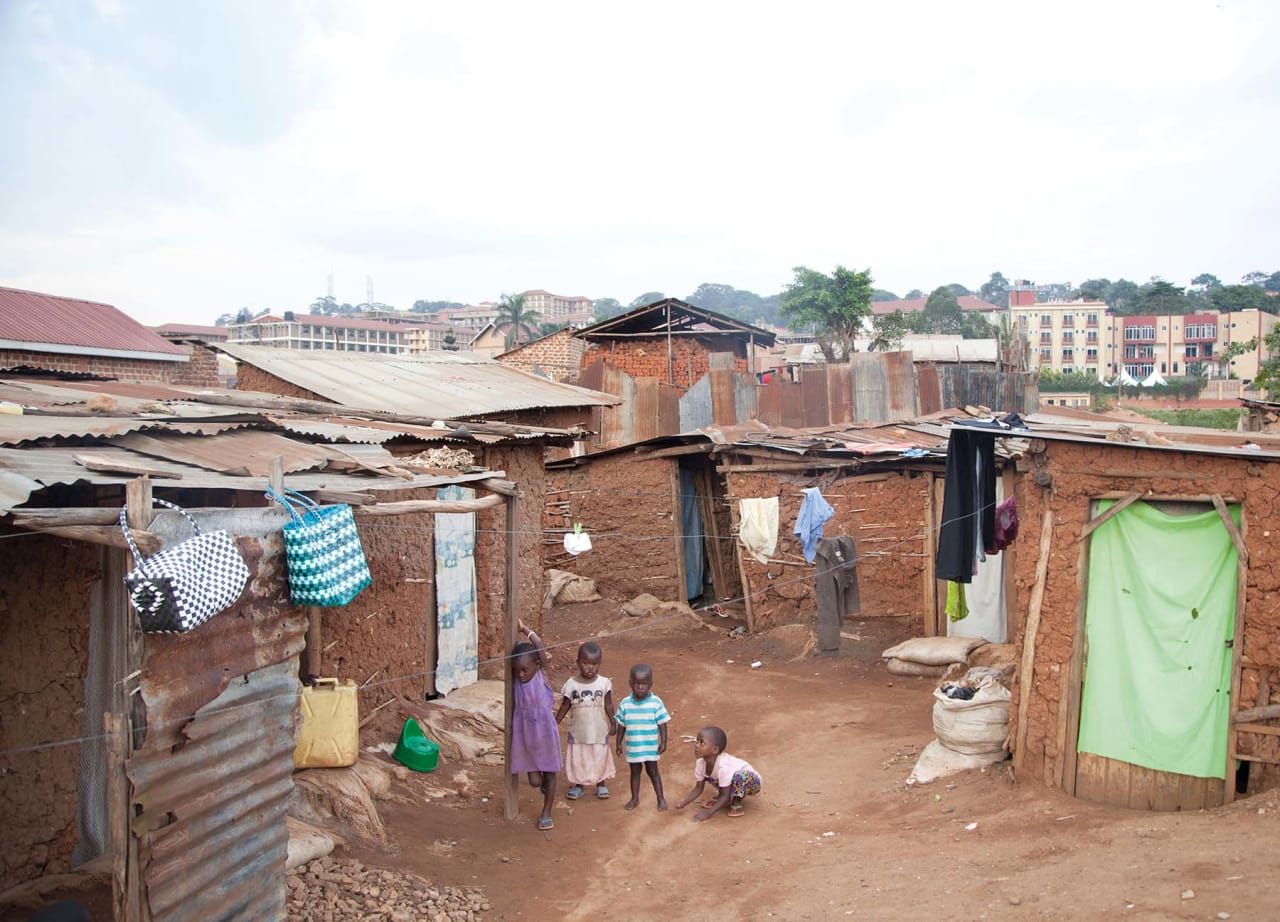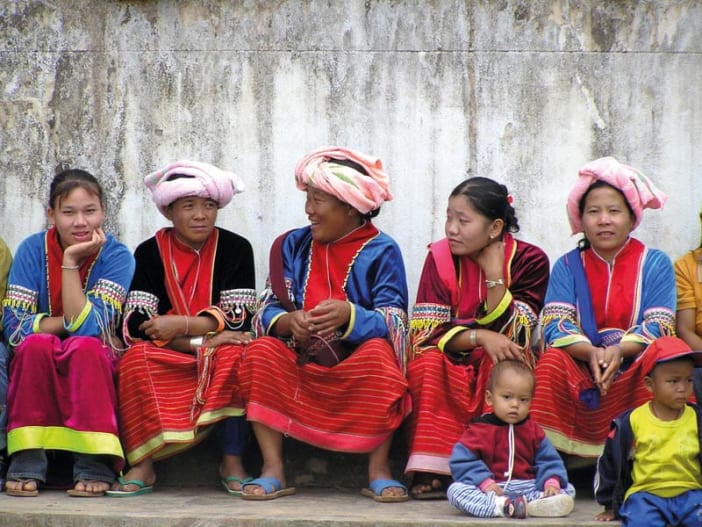By 2020, UN Habitat predicts that 1.4 billion people could be living in slums. For me, this is the biggest challenge for urban ministry in our time. Below are some steps that people living in slums often need to go through to gain secure tenure and better services. The order and exact nature of the steps will vary from place to place.
For many years I worked as a pastor in a slum in Manila, the capital of the Philippines. I remember the blood splattered on the walls as soldiers and bulldozers destroyed our slum. Church members helped the residents load their housing materials onto trucks and rebuild their homes in the new ‘relocation area’. This new site lacked water and was nine miles away from the city jobs that the people depended on.
The life of a slum pastor is to stand with the people who are losing their homes and land. This is Step One.
But I wondered, could this confrontation have been prevented? The priest who worked in the community before me had been wiser. He had organised the community members before an earlier confrontation, so that when the bulldozers came, the people lay down in front of them. The priest called the newspapers. He then called the mayor, telling him the reporters and cameras were there. He advised the police chief to avoid bloodshed because the mayor was coming.
Of course, when the mayor arrived and saw the news reporters, he said, ‘We must settle this peacefully through discussions.’ In the end, the people were given half the land. This is Step Two: the wise leadership of a trained community organiser.
Step Three is community organising and advocacy. Community representatives need to spend time with government officials, attending the conferences of social workers and academics. This will allow them to build a reputation and be able to make calls to the right people when needed, as the priest did in the example above.
Step Four is advocacy with knowledge. Research is essential. Each week, I have Skype calls with workers in eight cities around the world. These workers have to learn the complex systems for gaining land tenure. There are often 40–80 steps. Questions to research include: Which offices must issue which certificates? What information do they need? Who in those offices will help, and how can we avoid those who will seek a bribe?
Step Five involves someone becoming an expert on governmental and private housing schemes. That person needs strong financial knowledge. This helps the community in Step Six: setting goals in terms of savings groups and processes. Communities are likely to need funds for various parts of the slum upgrading and registration process. Managing savings groups can be hard work and may involve disputes. Leaders need a soft heart but a rhinoceros skin!
Step Seven is negotiating larger-scale contracts between community organisations, banks and housing programmes. Slum leaders can become business experts and help to organise the provision of better services for the community. In an open society such as the Philippines, this is possible. In countries where corruption is more common, it is a much greater challenge.
Step Eight: This is so difficult! Let’s give up!
Alternative Step Eight: We remember that we are walking with God into these dangerous and challenging places. We need to stay close to him in the struggle. With the Holy Spirit’s help, we can carry on.
For a course and resource material on urban land rights, see www.urbanleaders.org/655LandRights









